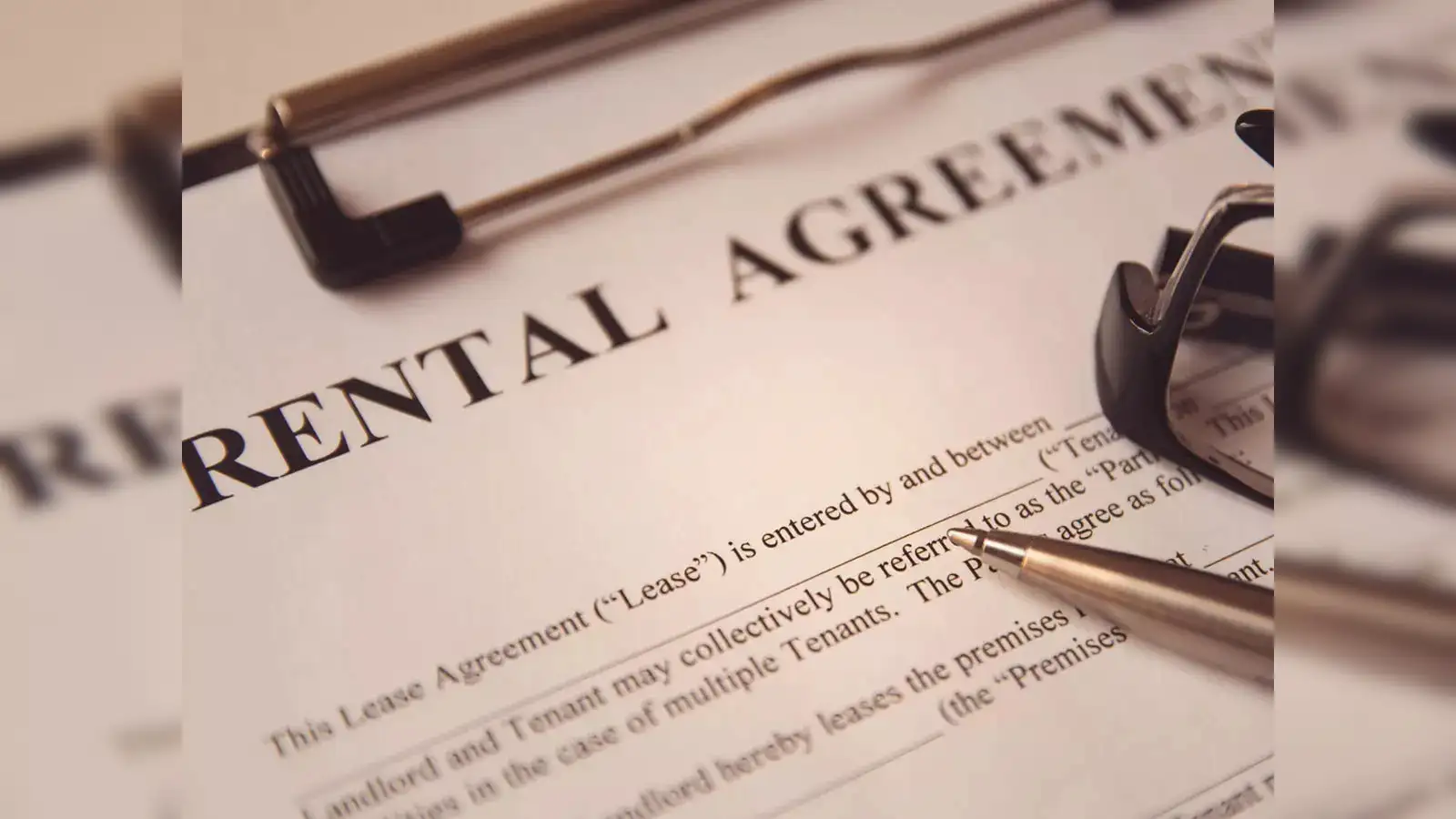Understanding the intricacies of a lease agreement is crucial when navigating rental arrangements, particularly with respect to legal fees during an eviction. While eviction may be an uncommon occurrence for many, it’s vital to recognize how specific clauses within a lease agreement can influence financial responsibilities if legal disputes arise. Lease agreements are not just a formal contract; who pays legal fees for eviction as the framework that outlines obligations, benefits, and protections for landlords and tenants alike.
Eviction cases are inherently stressful for both parties involved, but the financial burden associated with legal proceedings can add an additional layer of tension. Often, the responsibility for covering attorney fees and court costs hinges on the explicit language written into the lease agreement. Below, we explore key benefits of understanding how lease agreements affect paying legal fees in eviction cases.
Clarifies Financial Responsibilities
A well-constructed lease agreement clearly defines who pays legal fees in an eviction scenario. Whether it’s a tenant who has breached the contract or a landlord who seeks to regain possession, the agreement ensures there is no ambiguity regarding financial accountability for attorney costs or court expenses. This clarity saves both parties from unnecessary disputes and potential financial confusion if such situations arise.
Minimizes Financial Risks for Landlords
From a landlord’s perspective, including a clause about legal responsibilities protects their investments. By allocating legal fee responsibility to tenants in cases of breach or eviction, landlords minimize the risk of incurring heavy legal costs. It simplifies the process of enforcing the lease’s guidelines and ensures the property owner doesn’t end up shouldering significant financial burdens prompted by noncompliance.
Encourages Tenant Responsibility
Lease agreements that detail legal fee obligations provide tenants with a clear understanding of the consequences of violating lease terms. This creates stronger adherence to their rental responsibilities, as tenants are less likely to default or break regulations when they are aware of potential legal repercussions.
Improves Transparency Between Landlords and Tenants
Transparency is a significant benefit achieved through lease agreements. By discussing who pays legal fees for eviction from the beginning, landlords and tenants build trust and set expectations. Transparent communication ensures both parties are on the same page, reducing future misunderstandings regarding financial liabilities or lease violations.
Reduces Time and Complexity in Legal Proceedings
Specifically allocating responsibility for legal fees in the lease agreement can expedite the legal process during an eviction. Courts often refer back to the lease to determine financial accountability, and having this clearly stated eliminates unnecessary delays. This streamlining is advantageous for both landlords and tenants by reducing the overall time spent in resolving the matter.
Strengthens Legal Compliance
A lease agreement structured with precise legal fee clauses serves as a guideline for lawful practices. Including specifics on legal fee payments encourages contract adherence among landlords and tenants while reducing the likelihood of disputes being escalated to court unnecessarily.
Provides Financial Safety Nets
Clear terms regarding legal fees act as a financial safety net. For landlords, it’s peace of mind knowing additional costs of enforcement are likely recoverable. For tenants, these clauses act as a reminder of the potential costs associated with breaching lease terms, helping them avoid such situations altogether.
Understanding how lease agreements impact legal fee responsibilities benefits all parties involved in rental arrangements. When agreements are crafted with precision and transparency, they serve as valuable tools in reducing disputes and promoting harmonious landlord-tenant relationships. Reviewing your lease agreement carefully and consulting with legal professionals, if necessary, ensures you’re informed about your rights and obligations when it comes to eviction costs.

